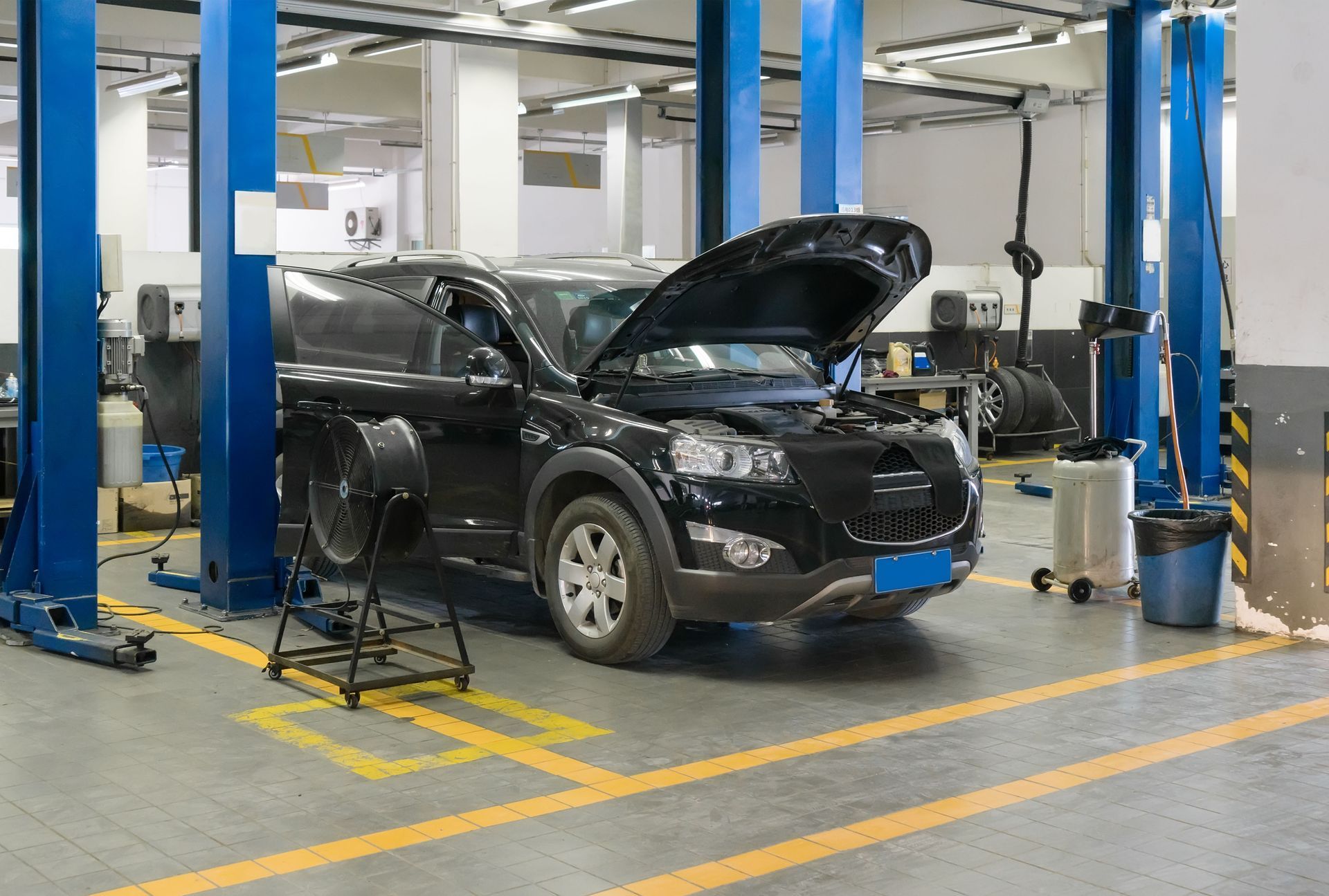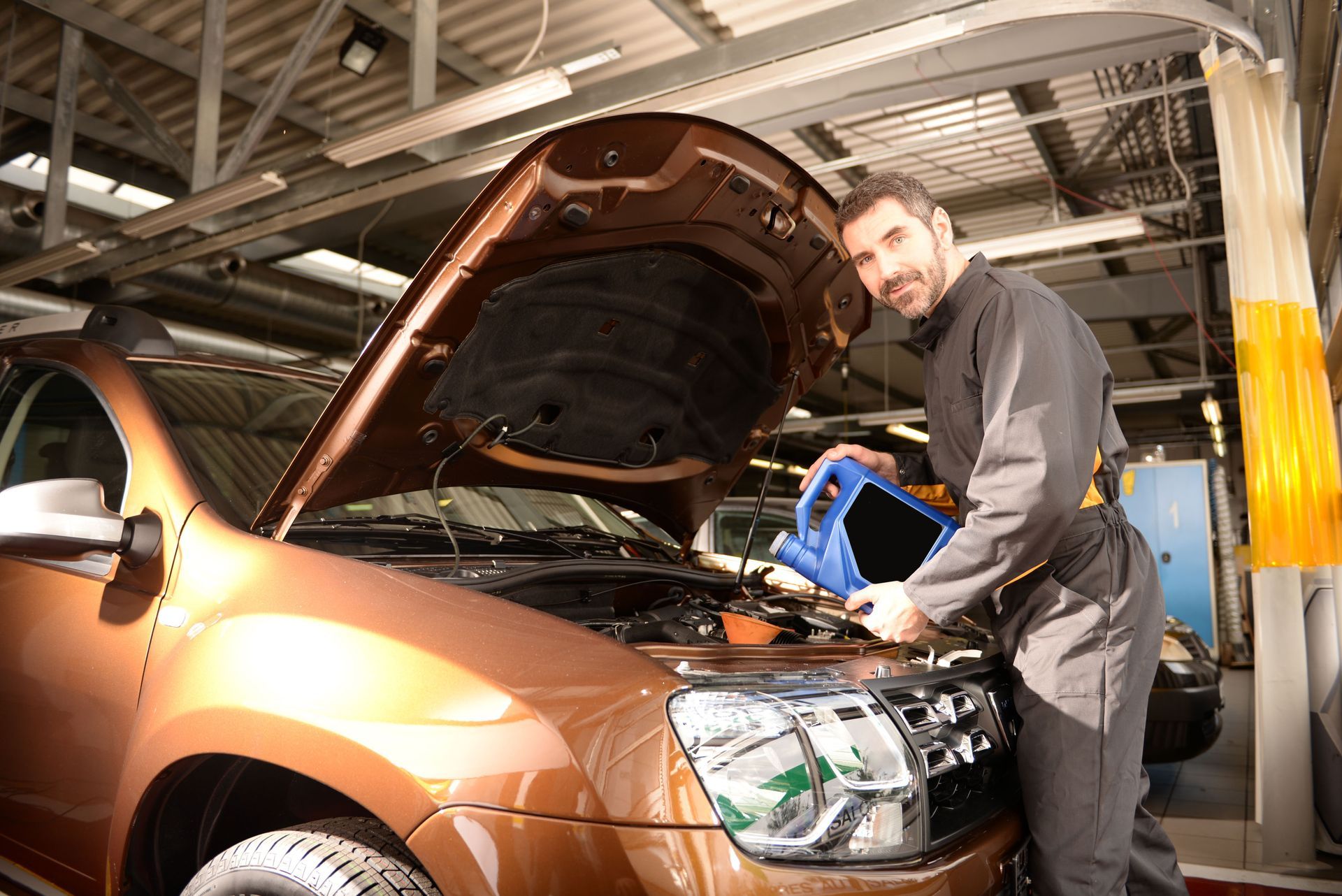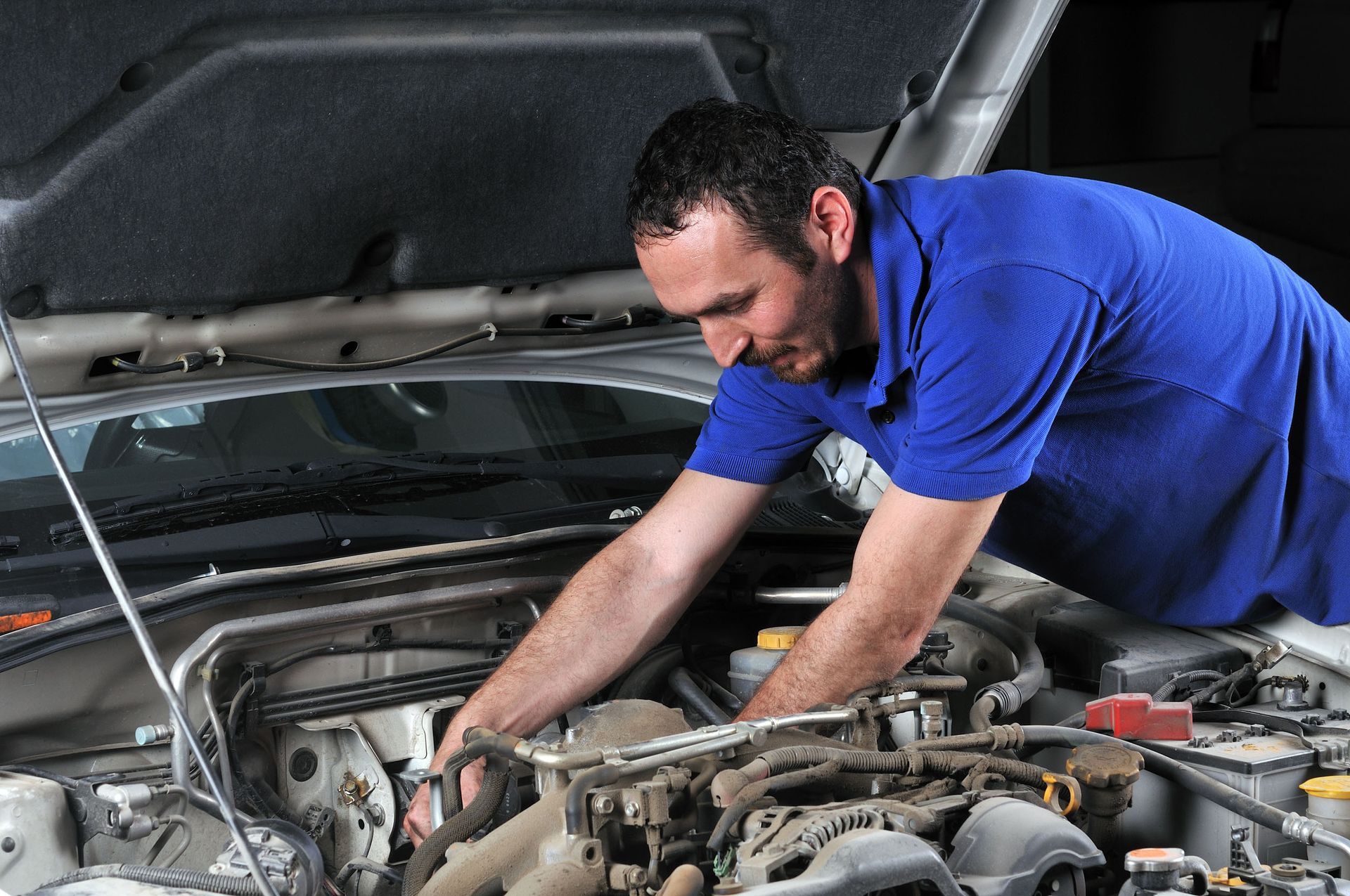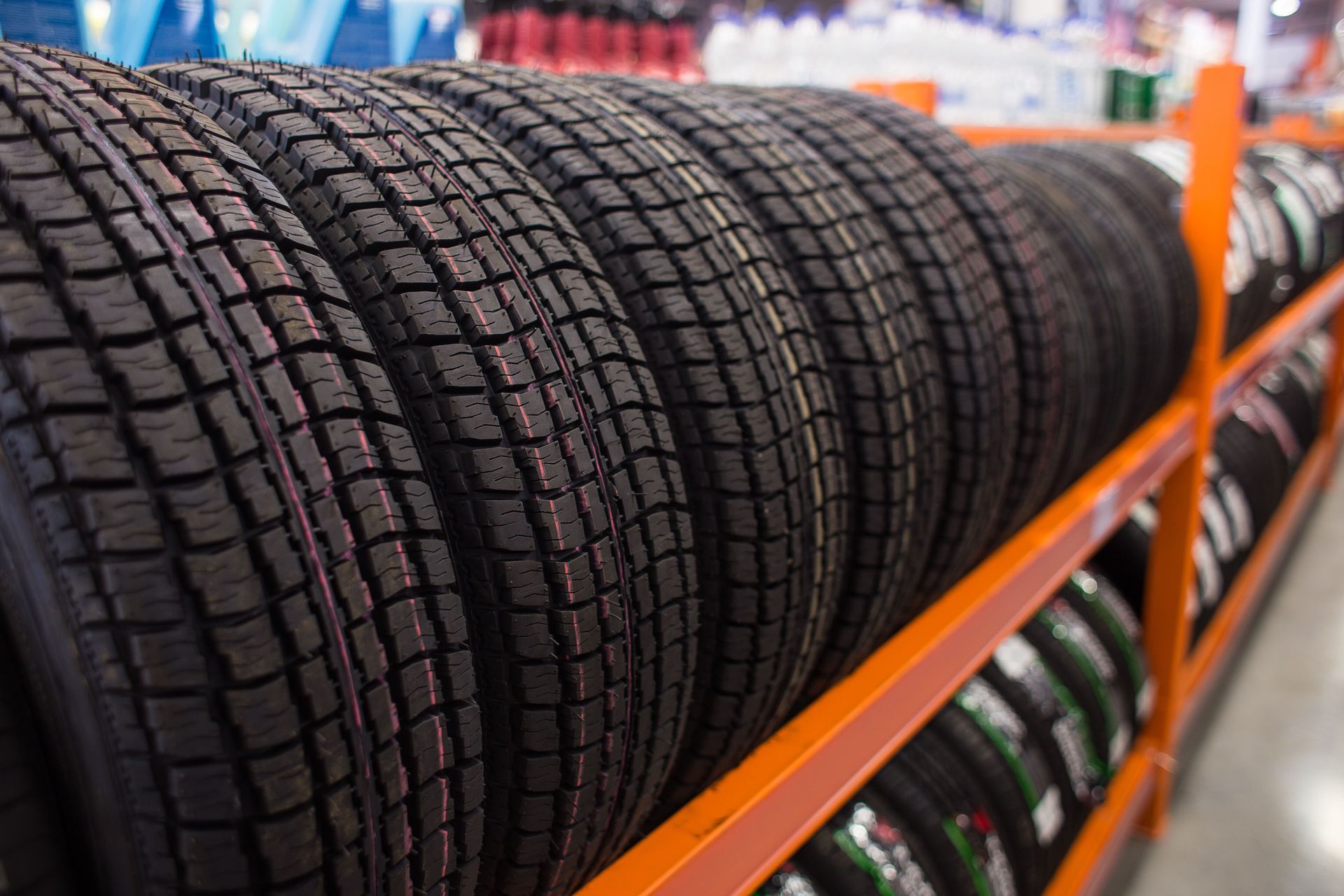The Lifespan Secrets: How Regular Maintenance Can Double Your Car's Years on Wisconsin Roads
Highlights:
- Longevity is the New Normal: Vehicle owners are keeping their cars longer; according to AutoLeap, the average age of vehicles in the United States is currently a record high of 12.6 years, driving increased demand for servicing and repair.
- Wisconsin's Climate is the Enemy: Corrosive road salt, temperature extremes, and potholes accelerate wear on fluids, body panels, and critical undercarriage components.
- Proactive Care Saves Money: Investing in routine maintenance like fluid flushes and filter replacements prevents catastrophic, high-cost failures.
- Modern Cars Need Modern Tech: Vehicles today rely on sophisticated electronic systems, making professional diagnostics and timely sensor care crucial for long-term reliability.
- Find a Trusted Partner: Partnering with a skilled and knowledgeable car repair shop in Appleton, WI with comprehensive services is the single best way to ensure your vehicle stays safe and reliable well past the 15-year mark.
The Harsh Reality of Wisconsin Roads
The road conditions in Appleton and throughout Wisconsin are uniquely challenging. When snow and ice hit, municipalities rely heavily on rock salt and brine solutions to keep roads clear. While essential for safe travel, this combination acts as a chemical cocktail that relentlessly attacks your vehicle's undercarriage. Brake lines, fuel lines, exhaust systems, and suspension mounts are all susceptible to rapid rust and degradation.
If you want your vehicle to thrive, not just survive, these conditions, the foundation must be robust. Finding a highly-rated car repair shop in Appleton, WI with comprehensive services is your best partner in combating the corrosive environment and punishing wear. A local expert understands the specific threats your car faces and schedules maintenance accordingly.
FAQs
How often should I wash my car in the winter?
You should wash your car at least twice a month during the winter, focusing heavily on rinsing the undercarriage. This is critical for removing the road salt that causes rapid corrosion on metal components, brake lines, and the frame.
What's the most neglected maintenance item for Wisconsin drivers?
Far too many drivers neglect differential and transfer case fluid changes (for AWD/4WD vehicles). These components work hard in the snow and the fluids break down, but they often aren't included in standard oil change packages. This specialized service should be part of your long-term maintenance plan.
Does driving in sub-zero temperatures really hurt my engine?
Yes. Extreme cold causes fluids to thicken, increasing friction and wear on internal engine parts during startup. It also causes rubber components like hoses and belts to become brittle. Allowing the car a minute or two to idle before driving slowly helps mitigate this initial shock.
The Core of Longevity: Fluids, Filters, and Power
The engine, transmission, and cooling systems are the heart of your vehicle, and their lifespan is directly linked to the quality and consistency of their vital fluids. These fluids—engine oil, transmission fluid, coolant, and brake fluid—are not "lifetime" products; they degrade over time due to heat, friction, and contamination.
Oil and Filters: The First Line of Defense
Your engine oil's primary job is to lubricate, cool, and clean internal components. Over time, it collects combustion byproducts, dirt, and metallic particles. Running on degraded oil is the fastest way to invite engine failure. While manufacturer recommendations are a good starting point, aggressive driving or harsh Wisconsin winters may necessitate shorter intervals. The right Appleton, WI car repair shop offering comprehensive services can recommend a specific schedule based on your driving habits and local conditions, ensuring you get the maximum wear out of your synthetic blend or full synthetic oil.
Transmission Health and Fuel System Care
The transmission is often the most expensive component to repair or replace after the engine. Transmission fluid provides hydraulic pressure, lubrication, and cooling. Just like engine oil, this fluid eventually breaks down. A transmission fluid flush, as opposed to a simple drain and fill, removes nearly all of the old fluid and contaminants, dramatically extending the life of the gears and clutch packs. Given that the Auto Mechanics Industry in the United States generates billions in annual revenue, according to data from IBISWorld, specialized and preventive services like transmission care are vital drivers of the sector’s growth and are high-value services that protect your investment.
Additionally, don't overlook your air and fuel filters. A clogged air filter starves the engine of oxygen, hurting performance and fuel economy, while a dirty fuel filter can restrict flow and strain the fuel pump. Investing in these relatively inexpensive parts is an easy preventative measure that yields immediate dividends.
Did You Know?
Your Car's AC System Isn't Just for Summer: Running your air conditioning, even in the winter, helps dehumidify the cabin air. This rapidly clears foggy windows and is crucial for preventing mold and mildew build-up in the HVAC system, ensuring your defroster works effectively when you need it most.
Handling the Road: Brakes, Suspension, and Steering
On Wisconsin’s often-slick or pothole-scarred roads, your vehicle's ability to stop, turn, and ride smoothly is paramount for safety. These components are wear items designed to absorb the constant impact of driving.
Braking Power
Brake pads and rotors are designed to wear down, but the brake fluid itself is hygroscopic—it absorbs moisture from the air. Water in the brake lines lowers the fluid's boiling point, which can lead to brake failure under heavy use. It also encourages corrosion inside expensive components like the ABS modulator. A simple brake fluid flush every few years can prevent a major system failure. We recommend drivers who are seeking a dependable car repair facility in the Appleton, WI area with truly comprehensive services prioritize a shop that includes brake fluid testing and flushing in their standard maintenance packages.
The Suspension System’s Unsung Heroism
Your shocks, struts, and control arm bushings take the brunt of every pothole and frost heave. Failed bushings lead to uneven tire wear and reduced handling, which can be dangerous, especially on wet or icy roads. Worn shocks or struts mean the tire spends less time in contact with the road, significantly increasing your stopping distance.
If you are looking to find a trusted car repair shop that serves Appleton, WI and provides comprehensive vehicle services, make sure they perform thorough inspections of these components during every oil change. While the cost of a full suspension job can be high, the value of that service is undeniable. Consider this in light of the US auto mechanics industry, which is a massive economic driver. The need for specialized and comprehensive service is a nationwide trend, not just a local one. To understand the scale of this essential industry, consider the fact that the US auto repair market alone was valued at $83 billion in 2023. This highlights the continuous and critical need for the kind of specialized expertise that handles complex issues like advanced suspension and steering alignment.
FAQs
How do I know if my wheel alignment is off?
The most common signs are uneven or premature tire wear (like wear on only the inner or outer edge of the tire), the car pulling to one side when driving straight, or your steering wheel not being centered when the car is going straight. Misalignment often follows hitting a large pothole.
Are generic auto parts okay to use for maintenance?
For many basic components like air filters or simple oil filters, quality aftermarket parts are fine. However, for critical parts like brake pads, sensors, or complex engine components, using Original Equipment Manufacturer (OEM) or equivalent quality parts is generally recommended to ensure the part integrates seamlessly with your vehicle’s systems and meets factory performance and safety standards.
What is the benefit of synthetic oil over conventional oil?
Synthetic oil maintains its viscosity (thickness) much better than conventional oil across a wider temperature range. In a Wisconsin winter, this means synthetic oil flows much easier at sub-zero temperatures, providing faster protection to your engine upon startup, which is when the majority of engine wear occurs.
Doubling Your Car’s Lifespan
The goal is not simply to keep your car running, but to keep it running well. Doubling your vehicle’s lifespan is achieved through a combination of meticulous attention to fluid health, consistent care for high-wear components like brakes and suspension, and the utilization of modern diagnostic technology. The cost of a new car continues to rise, making the decision to invest $1,400 a year, which according to AutoLeap, is the average annual cost of maintenance in the US, a highly strategic financial move compared to the tens of thousands required for a replacement.
If you need a reliable
comprehensive car repair shop located in Appleton, WI to partner with you on this journey, the time to establish that relationship is now—before a small maintenance issue turns into a costly breakdown on a cold winter morning. By adopting a proactive maintenance mindset, your car will not only survive the rugged Wisconsin roads but thrive on them for many years to come.





Share On: